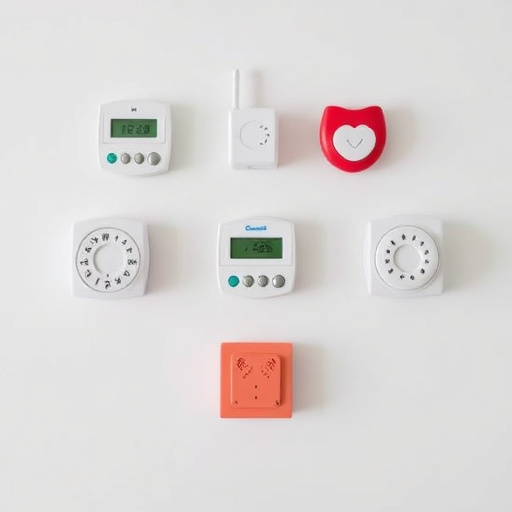Lone workers face heightened safety risks, but digital-age solutions like personal alarms with remote control offer crucial support. These compact devices enable immediate distress signaling, GPS tracking, and automatic alerts, providing peace of mind for both workers and employers. Features include single-press activation, remote monitoring, and real-time communication, making them ideal for hazardous environments like construction sites or emergency response situations. Effective safety alert systems require easy-to-use alarms, regular training, maintenance checks, and reliable communication networks.
In today’s digital era, ensuring the safety of lone workers is more critical than ever. These individuals, often facing remote or isolated tasks, require robust protection mechanisms. This article delves into the vital role of safety alert systems, specifically focusing on personal alarms with remote control. We explore how these innovative tools help mitigate risks, enable quick response, and foster a culture of proactive safety management for lone workers across diverse industries.
- Understanding the Risks of Lone Worker Safety
- The Role of Personal Alarms With Remote Control
- Implementing and Maintaining an Effective System
Understanding the Risks of Lone Worker Safety
Lone workers, by definition, operate without immediate supervision or support from colleagues. This isolation significantly increases their vulnerability to a range of risks, including accidents, injuries, and even violence. Understanding these risks is crucial in implementing effective safety measures. In today’s digital era, personal alarms with remote control emerge as indispensable tools for enhancing lone worker safety.
These devices not only enable workers to immediately signal for help but also provide peace of mind both for the individuals and their employers. Features like GPS tracking and automatic alert systems ensure that assistance can be swiftly dispatched should an incident occur. This proactive approach to safety is vital, given the often unpredictable and hazardous environments in which lone workers operate, whether it’s construction sites, remote field work, or emergency response situations.
The Role of Personal Alarms With Remote Control
Personal alarms with remote control play a pivotal role in enhancing the safety of lone workers. These compact yet powerful devices offer immediate assistance and swift communication during emergencies. With just a press of a button, workers can trigger an alarm that sends out distress signals to designated contacts or emergency services, ensuring prompt response times.
The remote control feature adds a layer of convenience and versatility. Workers can carry the device with them, keeping it easily accessible for immediate activation. Additionally, this technology allows for continuous monitoring from a central location, enabling supervisors or colleagues to track the worker’s well-being remotely. This real-time communication is invaluable in high-risk environments, providing peace of mind and effective risk mitigation strategies.
Implementing and Maintaining an Effective System
Implementing and maintaining an effective safety alert system for lone workers involves selecting the right tools, like personal alarms with remote control. These devices are compact, easy to activate, and can be carried discreetly by workers in various industries. Their remote control feature allows colleagues or supervisors to trigger alerts from a distance, ensuring immediate assistance in case of emergencies.
Regular training sessions and clear protocols for using the system are paramount. Employees should understand how to operate their alarms effectively and when to activate them. Additionally, regular maintenance checks on devices ensure they remain functional, with working batteries and clear audio signals. Supervisors must also establish a reliable communication network, enabling quick responses to alerts through dedicated channels or apps.
Lone workers face unique challenges, but implementing a safety alert system equipped with Personal Alarms With Remote Control can significantly enhance their protection. By enabling quick communication and remote assistance, these alarms empower individuals to mitigate risks effectively. To ensure optimal results, consistent maintenance and training are essential, fostering a culture of safety among lone workers.
